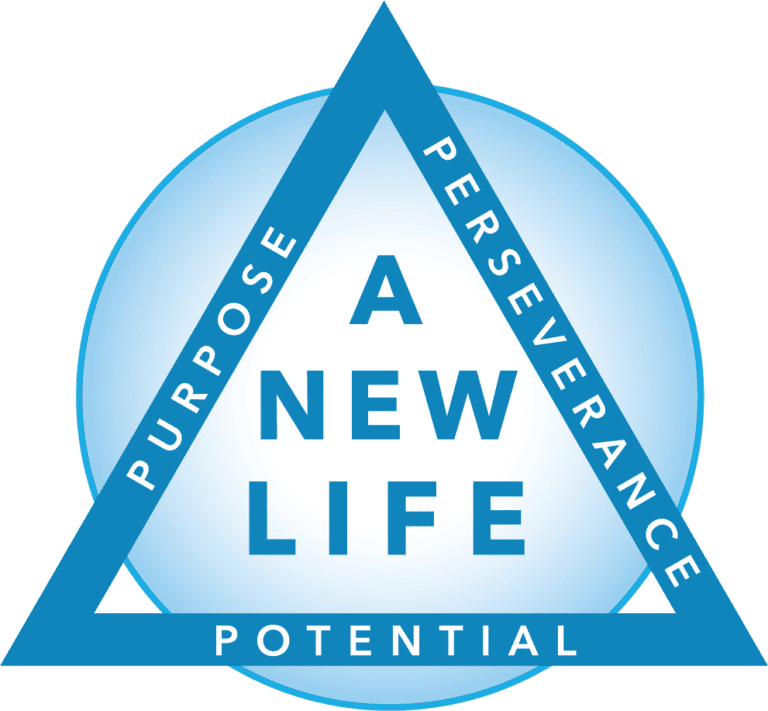Halfway houses are significant in the recovery process of drug-addicted persons. The homes for residents provide structure to help them put their lives back together, prepare for sober living, and become productive members of society. If halfway house programs are to be successful, effective therapeutic interventions, therefore, must be integrated, aiming at rectifying the underlying problems by giving the person tools for coping while at the same time helping the individual grow emotionally. This blog discusses the importance of therapy in halfway house recovery programs, especially counseling, group therapy, and other specialized programs that form a significant part of the resident’s rehabilitation journey.
1. Understanding the Halfway House and Its Role in Recovery
Sober living homes are designed to help an individual ease back into life from an addiction treatment program. They provide a semi-structured, safe support environment for a person moving from residential treatment or jail to the community. Halfway houses are designed to offer the residents all the required community support in holding them accountable for their sobriety and enabling them to work towards life goals.
2. Importance of halfway houses therapies
Therapeutic interventions are an integral part of halfway house programs that deal with the psychological, emotional, and behavioral aspects involved in substance abuse recovery. Therapy helps them seek out the underlying issues, which leads them to use the substance and helps them learn some coping mechanisms that will help them build a foundation toward lifelong sobriety. These are some significant therapeutic modalities the halfway house programs intend to apply.
3. Personal Counseling
Individual counseling sessions offer the residents time for personalized, one-on-one support and guidance in recovery struggles. The resident will work one-on-one with a professional, licensed therapist or counselor who will help the resident explore their personal history, identify triggers and risk factors that would signal an increase in their craving experience, and provide strategies for managing the knowledge of these cravings and stressors. This type of counseling helps the individual understand their thoughts, feelings, and behaviors. It helps them get access to alternative ways of coping with difficulties.
4. Specialized Therapy Programs
In addition to traditional counseling and group therapy, halfway houses may provide a specialized therapy program tailored to the resident’s unique needs.
Dual Diagnosis Treatment: Treatment that addresses mental health disorders in combination with addiction, e.g., depression, anxiety, PTSD, bipolar disorder.
“Trajson-Informed Therapy helps residents heal from the wounds of the past and develop healthy coping skills to learn how to deal with trees with triggers and emotional distress.”.
Family Therapy: Involves the presence of the family in the recovery process, and addresses issues on family dynamics, and communication, whereby rebuilding relationships is critical to success.
5. Holistic Approaches to Recovery

Many halfway house programs also take a holistic approach to recovery by addressing the physical, emotional, and spiritual dimensions of addiction. These therapeutic interventions are offered alongside wellness activities, including mindfulness meditation, yoga, art therapy, and recreational outings. These holistic practices promote well-being and equip residents with tools to teach and manage stress, practice improved self-care, and cultivate a balanced lifestyle.
6. Building Life Skills
In addition to treatment, other main issues for halfway house programs include the development of vital life skills that would be helpful in successful reintegration into society. The residents need help finding work, managing finances, finding living places, and dealing with legal issues. By empowering residents to become self-sufficient and responsible members of society, halfway houses help lay the foundation for a stable and fulfilling life in recovery.
7. Accountability and Support
Crucial aspects of halfway house programs include accountability and support. Residents are held accountable for following the rules and program guidelines, which can include a curfew, therapy sessions, drug testing, chores around the house, and getting involved in the community. It is, therefore, through peer support and mentorship that students are empowered to do all that is humanly possible by holding each other accountable, encouraging, and supporting each other as fellow residents.
8. Responsibility and Assistance
Accountability is another crucial element in these programs, where residents are expected to live up to the set rules; this includes things like curfew hours, drug tests, attendance, and chores participation, for instance. Residents holding each other accountable contribute greatly to building character and giving the support needed at such times.
9. Transitioning Into Independent Living
When people advance along their journey toward healing, they may move out from this supervised environment and live independently. In such cases, still, during the transition phase, guidance will be available through staff members who have treated them before, together with peers who share similar challenges, so they can help each other succeed outside these walls while staying clean within more comprehensive society limits. Some services provided during this period include continued therapy sessions, alum programs, scholarships, and community-based resources for sober housing.
Call A New Life Sober Living For Halfway House Recovery Program
If you or someone close to you needs help with recovering from addiction, A New Life Sober Living is the best place to start. Our compassionate halfway house programs have been proven over time and for individuals at different stages of their recovery journey. Get in touch today so we can share more about our interventions that will work well with where one is right now as they walk towards sobriety supported by a community of like-minded people who understand what it feels like when all hope seems lost but still believe there’s light ahead, waiting just around the corner.






